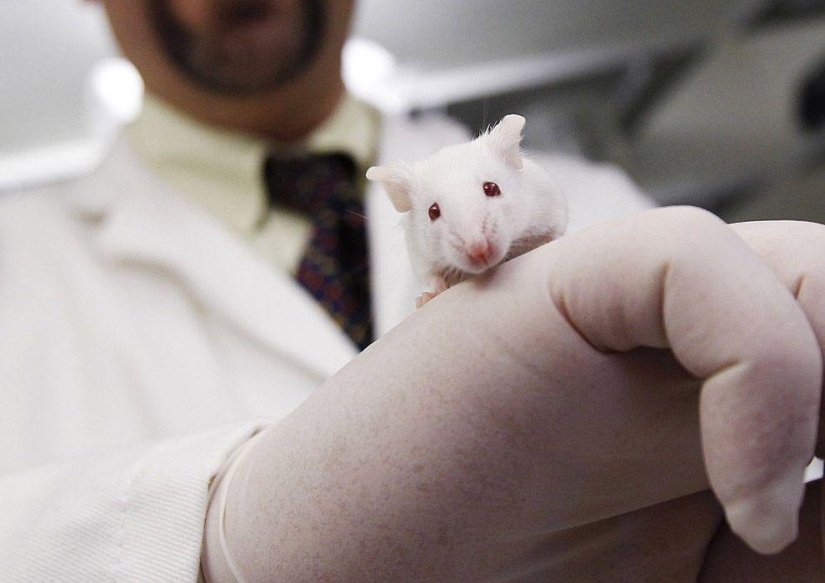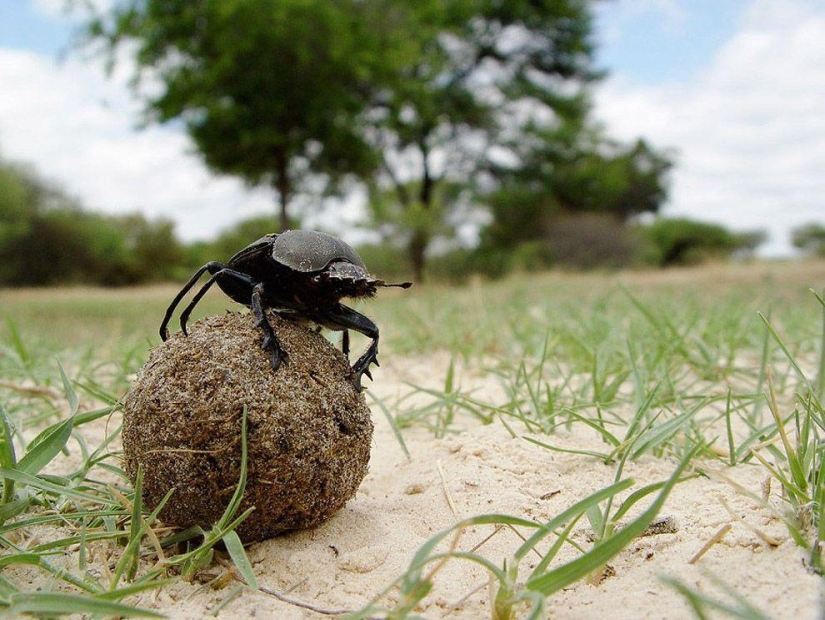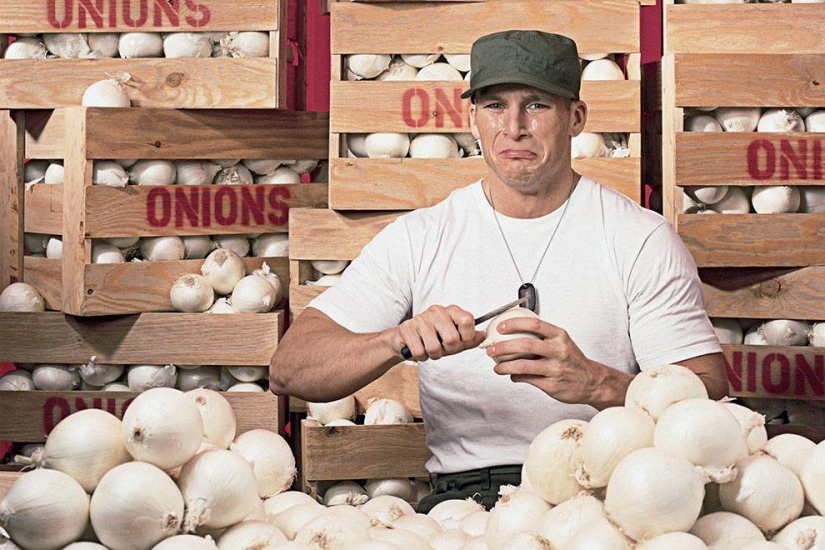Alexander Lukashenko and other laureates of the Ig Nobel Prize 2013
Categories: Positive | Science | Society
By Pictolic https://pictolic.com/article/alexander-lukashenko-and-other-laureates-of-the-ig-nobel-prize-2013.htmlIn September, Harvard University hosted the annual award ceremony for the Ig Nobel or Anti-Nobel Prize, a parody of the most prestigious international award. It has been awarded since 1991 on the eve of the real Nobel Prize for unusual and witty scientific achievements that "first make people laugh, and then think." The purpose of the award is not only to laugh at the original scientists, but also to attract attention and spur people's interest in science, medicine and technology. By the way, the award is given to the winners by real Nobel laureates.
We present you the winners of this year's award and their achievements.
(Total 10 photos)


1. Medicine: Masateru Ukiyama (Japan) and colleagues for studying the effect of listening to opera on heart transplant patients. And the patients listening to the arias were... mice.

2. Psychology: Lauren Beg (France) and colleagues for experimental confirmation that drunks consider themselves attractive.

3. Biology and Astronomy: Mary Dack (Sweden/Australia) and colleagues for the discovery that dung beetles, when lost, can navigate the Milky Way to return home.

4. Security Technology: Gustavo Pizzo (USA) for inventing a complex electronic-mechanical anti-hijacking system. The hijacker falls into a trap, where he is "packed" and thrown off the plane through a specially installed hatch. In the meantime, he is flying with a parachute to the ground, the police alerted by radio are already waiting for his landing. Gustavo patented his invention back in 1972, but, unfortunately, it was never widely used. The award was presented to him posthumously.

5. Physics: Alberto Minetti (Italy) and colleagues for discovering that some people have the physical ability to run across the surface of a pond. If these people and this pond are on the moon.

6. Chemistry: Shinsuke Imai (Japan) and colleagues for discovering that the biochemical mechanism that makes people cry from onions is much more complex than scientists previously thought.

7. Archeology: Brian Crandall and Peter Stahl (USA) for swallowing a scalded shrew whole without chewing, and then examining the excrement for several days to find out which bones are completely digested by the human digestive system and which are not. The shrew was already dead at the time of the start of the experiment, but the circumstances of her death are not specified ...

8. Peace Prize: Alexander Lukashenko for banning public applause in Belarus, and with him the Belarusian police for arresting a one-armed disabled person trying to applaud. The winner did not show up for the award.

9. Theory of Relativity: Bert Tolkamp (Great Britain) and colleagues for two related discoveries at once. First, the longer the cow lies down, the more likely it is that she will get up soon. And second, once a cow is up, it's hard to predict how soon she'll lie down again.

10. Public Health: Kasian Bhanganada (Thailand) and colleagues for their work "Surgical management of the genital amputation epidemic in Siam". Such an unusual epidemic, it turns out, is caused by angry Thai wives, who often rush to the “most expensive” of their spreeful husbands with a knife. Separately, it is specified that these recommendations for sewing on the penis do not work if the wife not only cut off the penis, but also partially fed it to the duck.
Keywords: Achievements | Award | Prize | Scientists | Ig Nobel Prize
Post News ArticleRecent articles

Most of us think that the color of the eggshell does not play any role and it is possible not to pay attention. But it's not and ...

The more we rely on technology, the more potential power hackers gain over us. It doesn't matter if their goal is to help or cause ...
Related articles

Way into the hearts of all mankind, not only to men, is through his stomach. So we collected for you 14 dishes that would be great ...

Is it possible to use classical painting techniques, reflecting modern realities? What does a panic look like? Is it possible to ...

Are you proud of your career growth and ready to rest on your laurels? We hasten to disappoint, you still have something to strive ...

Creating a good portrait is one of the most difficult tasks for any photographer. In order to make a really natural and memorable ...